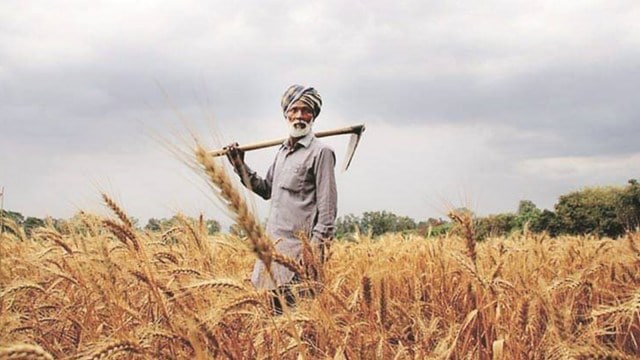
As India traverses the road to Amrit Kaal, the agriculture sector’s journey will be difficult, and filled with challenges. It is not too difficult to fathom why. In this century, Indian agriculture has been grappling with how to move on from the old model. Policymakers have failed to ensure dignified livelihoods for farmers. We are confronted by a certain set of circumstances, changing which may be beyond our ability.
Lok Sabha Election Results 2024
One, the climate is changing irreversibly for the worse. We are already witnessing the beginning of erratic climatic events impacting crop production and livelihoods. Two, the World Trade Organisation will not change and we will have to live with its iniquitousness. For many years, the US has deliberately crippled the dispute-settlement mechanism. When it does become operational, Indian politicians are not likely to know how to wriggle out of its rulings domestically. Three, the large number of small land holdings (85 per cent of total arable land) fundamentally limits the scope for primary producers to eke out a life of dignity from their profession.
Four, the global priority to ensure low food prices for consumers is easiest achieved by artificially driving down farm-gate prices. This makes farming environmentally unsustainable and economically unremunerative. Five, depleting aquifers due to the insatiable demand for water for agriculture is reaching a threshold point where it won’t be economically viable to extract water for irrigation in food basket regions. Drinking water is already becoming a sought-after monetised commodity in large swathes of the country.
While these greatly limit our ability to pursue our chosen path, other things can change, provided there is will. It is not going to be easy, but it is also not impossible — that we are not defined by our circumstances, but only shaped by them. Several areas require action.
Investments in agricultural research and extension services have stayed below the level of inflation. In other words, funding has actually dropped, even when every rupee invested in agricultural research yields economic returns upwards of 10 times over other investments.
Agriculture markets are inherently unfair. We haven’t yet figured out how to address its inevitable unintended consequences. But, agriculture is a state subject, where the states do not work in tandem with national objectives, but use meagre resources for populist dole-outs rather than investing in the future. Free or unrealistically low prices at which cereals are distributed through the public distribution system continue to drive down farm-gate prices such that primary production remains an unenviable and unviable profession. Input subsidies like the skewed fertiliser subsidy leads to indiscriminate use of fertilisers, impacting the health of the people and the planet.
Public debt, both at central and state government levels, leaves less financial flexibility to plan for the long term and does not allow for endless further subsidies. Many states are in line to be technically categorised as bankrupt. A sovereign bankruptcy procedure for states is missing.
Lastly and most importantly, inept governance and lack of accountability in the ministries managing the agricultural sector at the Centre and the states is not primarily due to incompetence but to the attitude of those at the top — they believe they have the powers because they have the answers.
The key challenge is not just to improve agricultural productivity, which is simply more output from a given level of inputs, but in ensuring that the productivity gains can be sustained and are broadly shared. That growth is inclusive.
Each day, the government procrastinates and each policy error narrows the next round of available choices. Today, the steps that matter the most will be those that the prime minister is going to take. A mere tinkering of the framework will not suffice and if nothing were to fundamentally change, including the process of framing policies, we may find ourselves chasing chimeras and living our nightmares.
The writer is chairman, Bharat Krishak Samaj
Click here for real-time updates on the Lok Sabha Election Results 2024


